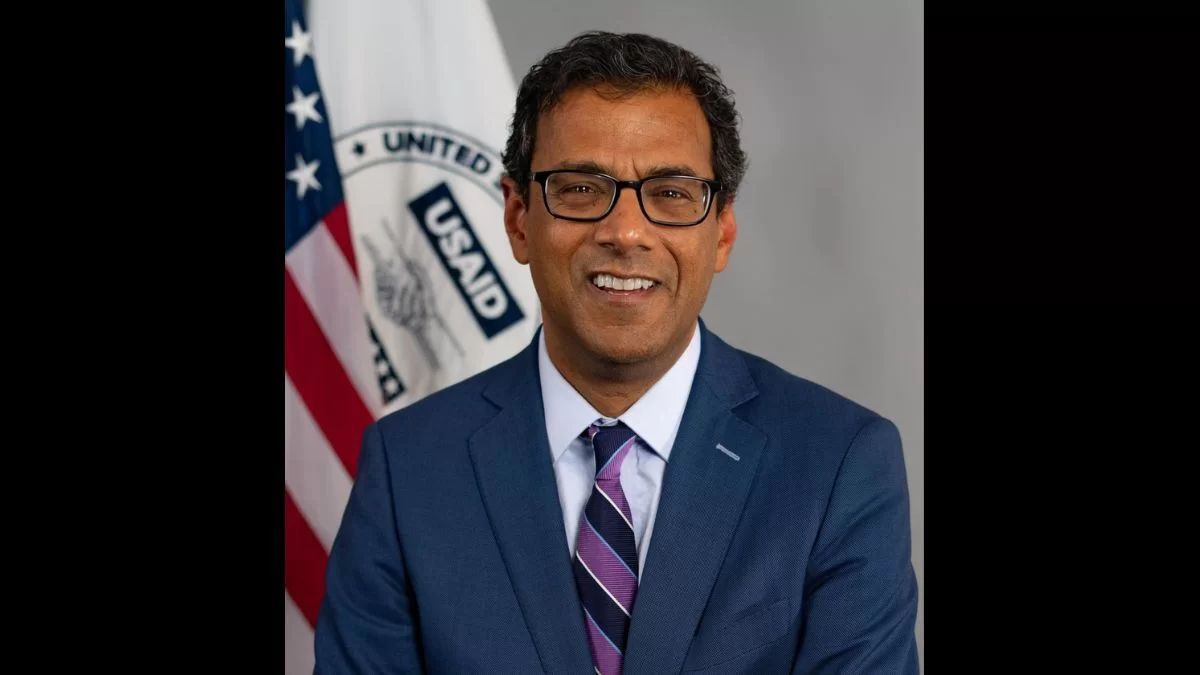The Stop TB Partnership said on Aug. 30 that its Global Drug Facility (GDF) has initiated price reductions of up to 55% on bedaquiline, a vital medication used in the treatment of drug-resistant tuberculosis (DR-TB).
"No one should have to suffer from drug-resistant tuberculosis simply because they cannot afford treatment," said Dr. Atul Gawande, assistant administrator of the United States Agency for International Development (USAID) Global Health Bureau. "This historic price reduction will broaden access to this life-saving drug and keep us on the path to end TB by 2030."
The price reductions on bedaquiline will remain in effect until December 2024, reducing the cost of the Johnson & Johnson six-month treatment course to $130 and the Lupin six-month treatment course to $194, down from the previous price of $289, the Stop TB announcement said.
"This price reduction is a momentous breakthrough in the fight to end TB, and it is especially timely in the leadup to the UN High-Level Meeting on TB to be held in New York in September," said Dr. Lucica Ditiu, executive director of the Stop TB Partnership, in the announcement. "The rise of drug-resistant TB is a huge threat to the fight against TB. Worryingly, every year around 300,000 people with drug-resistant TB remain missed by the health services, therefore potentially spreading the infection."
According to Stop TB, the reduced bedaquiline prices make the drug accessible to the majority of low- and middle-income nations, potentially benefiting around 450,000 individuals diagnosed with DR-TB. The GDF anticipates that the price reductions will generate savings of $8 million over the 16-month contract period, which could enable the procurement of over 51,000 additional bedaquiline treatments and potentially assist thousands more in accessing critical DR-TB treatment.
Gawande said the price reductions would broaden access to the drug and ensure that USAID's Global Tuberculosis Strategy, which aims for a TB-free world by 2030, remains on course. As the world's largest bilateral contributor in the battle against TB, USAID has allocated a total of $4.2 billion since 2000 to combat TB. USAID aims to reduce TB by 35% and TB mortality by 52% by 2030. It said TB remains the world's leading infectious disease killer, with close to 11 million TB cases and 1.6 million deaths annually.

